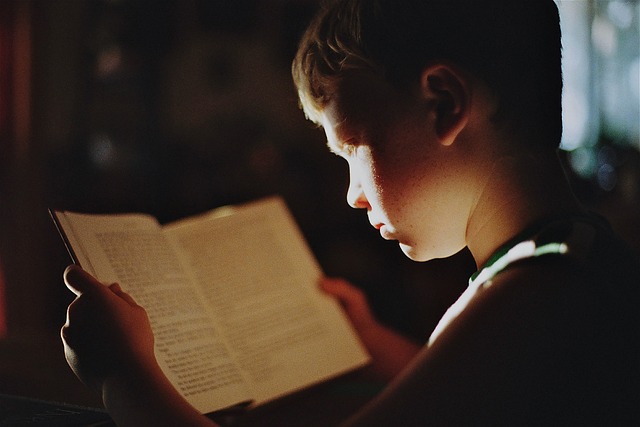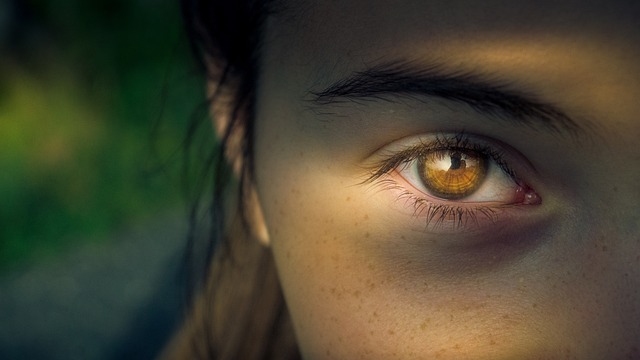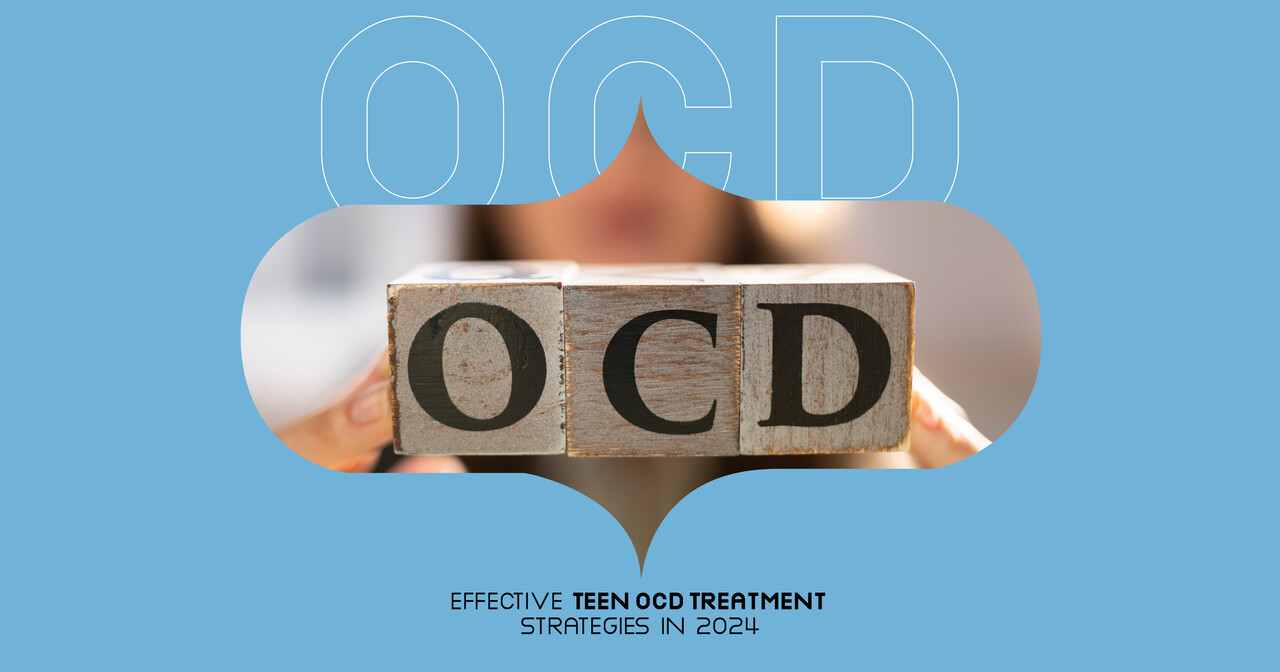OCD Treatment for Teens
Obsessive-compulsive disorder (OCD) is a mental health disorder that affects children, teens, and adults. It often causes intrusive thoughts, compulsive behaviours, and distressing feelings. In teens, OCD can impact daily functioning, quality of life, and social interactions. Understanding OCD symptoms and exploring evidence-based treatment options can help improve a teen’s sense of control and emotional well-being.

Understanding OCD in Teens
OCD is a neuropsychiatric disorder marked by unwanted thoughts, fears, or obsessive behaviors that lead to ritualistic behaviors or repetitive behaviors teens feel they must perform. For example, a teen may engage in frequent handwashing or constant checking to reduce anxiety from obsessive thoughts about safety. This cycle interferes with everyday life, including school, friendships, and family interactions.
Symptoms of OCD in Teens
Teens experiencing OCD symptoms may display both obsessive thoughts and compulsive behaviors. Common symptoms include:
- Intrusive Thoughts: Recurrent, unwanted thoughts that cause anxiety.
- Compulsions: Repetitive behaviors or rituals, like handwashing or counting.
- Distress: Intense anxiety or fear related to specific thoughts or situations.
- Constant Checking: Verifying actions, such as ensuring lights are off, to reduce anxiety.
- Mood Disorders: Anxiety and depression are common co-occurring mental health issues.

Causes of OCD in Adolescents
While the exact cause is unknown, genetic factors, family history, and environment contribute. Teens with relatives who have mental health disorders or anxiety may face higher risk. Research such as twin studies and genome-wide association study support a genetic component. Stress-related disorders, physical abuse, or family conflicts may also act as risk factors that worsen OCD symptoms.

Effective Treatment for OCD in Teens
When it comes to treating OCD, a combination of therapy, professional help, and sometimes medication is typically most effective. Common approaches include:
1. Cognitive Behavioral Therapy (CBT)
CBT is the gold standard for OCD. This type of therapy helps teens reframe thoughts and reduce compulsions. A cognitive behavior therapist helps teens recognize and challenge distorted thinking patterns. CBT also improves healthy coping mechanisms for managing fear and anxiety.
2. Exposure and Response Prevention (ERP)
ERP is a form of CBT that involves exposure with response prevention. Teens are gradually exposed to feared situations while resisting compulsions. This builds fear tolerance and reduces the feelings of fear over time. ERP is supported by many evidence-based therapies as the most effective standard treatment for OCD.
3. Medication Options
Medication management may include selective serotonin reuptake inhibitors (SSRIs) to reduce obsessive thoughts. Medication recommendations depend on symptom severity and are often combined with therapy for best results. Proper treatment plans often include both CBT and medication.
4. Family Therapy
Family therapists help educate and involve parents and siblings in the teen’s recovery. OCD often causes family conflicts or rigid rules in the household. Involving the family improves support and treatment outcomes.
5. Individual Therapy and Support
One-on-one therapy with a licensed psychologist or social worker helps teens explore thoughts and behaviors in a safe space. Individual therapy often includes experiential activities and expressive therapies like music therapy to promote emotional expression and healing.
Types of OCD Symptoms in Teens
OCD symptoms vary widely, but common themes include:
- Fear of Harm: Obsessive thoughts about bad things happening, leading to compulsions aimed at preventing danger.
- Contamination Fears: Intense fear of germs or illness, often resulting in repetitive cleaning or washing.
- Need for Order and Symmetry: Desire for things to be “just right,” leading to arranging items in specific ways.
- Intrusive and Unwanted Thoughts: Persistent negative thoughts that cause guilt or shame.
Role of Family in Supporting Teens with OCD
Family support is crucial in managing OCD. Parents and siblings play an essential role in creating a supportive environment that promotes well-being. Families can help teens by:
- Emotional Support: Listen without judgment, creating a sense of comfort.
- Treatment Adherence: Help teens follow therapy and medication schedules.
- Understanding the Condition: Learn about pediatric obsessive-compulsive disorder and disorders in children to avoid enabling behaviors.
Managing OCD Outside Therapy
OCD recovery includes intensive treatment and consistent self-care:
- Relaxation Techniques: Breathing exercises and mindfulness reduce anxiety.
- Setting Goals: Small tasks help teens build self-confidence.
- Balanced Routine: Sleep, nutrition, and extracurricular activities support mental health.
- Healthy Coping Mechanisms: Teach positive ways to manage stress and avoid unhealthy coping mechanism like self-medicating obsessive-compulsive symptoms.
Benefits of Early OCD Treatment
Early clinical assessment and comprehensive assessments can detect OCD in its early stages. Early treatment reduces core fears, strengthens coping skills, and prevents worsening symptoms. Teens who receive treatment for adolescents early often show a reduction in symptoms and better long-term outcomes.

Seeking Professional Help for OCD Treatment
Teens with OCD need help from experienced health care providers. A fit therapist can create an individualized treatment plan that may include therapy, medication, or referral to a residential treatment center or mental health treatment programs depending on the level of care needed. Treatment settings vary based on symptom severity, including outpatient or 24-hour care for severe OCD symptoms or treatment resistance. If you’re seeking mental health treatment for your teen, reach out to our compassionate team today.
FAQs
1. What is the most effective treatment for OCD in teens?
Cognitive Behavioral Therapy (CBT), specifically Exposure and Response Prevention (ERP), is the most effective treatment for teens with OCD. It helps reduce the frequency of obsessive thoughts and compulsions.
2. Can OCD in teens be treated without medication?
Yes, therapy alone can be effective, particularly CBT and ERP. Medication may be added if symptoms are severe or therapy alone isn’t enough to manage them.
3. How can parents help a teen with OCD?
Parents can provide emotional support, encourage adherence to treatment, and educate themselves on OCD to avoid reinforcing compulsive behaviors. Family involvement can make a significant positive impact.
4. What are common OCD symptoms in teens?
Common symptoms include intrusive thoughts, compulsive behaviors, distress, constant checking, and mood disorders like anxiety and depression. Teens may also engage in repetitive rituals to manage their anxiety.
5. Is OCD in teens curable?
While OCD is often a lifelong condition, effective treatment can help manage symptoms. Many teens achieve significant symptom reduction through therapy and medication, allowing them to lead fulfilling lives.










